Walking down Wellington’s Willis street during lunch hour you could easily be forgiven for thinking that New Zealand has almost no ethnic diversity. It is indeed a sea of white faces. One of my American friends even went so far as to remark that it was no wonder New Zealand had so few racism problems given such a lack of human variety. After March 15th 2019 it became blatantly clear to us all that this couldn’t be further from the truth.
I was curious enough to research a few stats. According to our 2018 census, we do indeed have a population of a whopping 75% people of European descent. I say “whopping” because that certainly isn’t the case in the USA, which sits at 56%. New York is even more diverse with only 44% of the population identifying as white American. So, you can understand why people who come from large overseas cities might find us a bit bland.
That said, Auckland is not looking too bad these days. 59% of Aucklanders are of European descent, and only 52% of those were born in NZ. Within my own group of friends here, only two are New Zealand born and of European descent, the others are Scottish, British, Canadian, American, Greek, French, Brazilian, and Chinese immigrants, or NZ born minorities. So trying to tell me NZ lacks cultural range is a bit of a hard one to wrap my head around.
On what may seem like a tangent, but bare with me here… for a long time I have wanted to gush praise and share the stories of my incredible friends. Oh, but procrastination is indeed the comfort zone of every creative soul! Finally, as I was writing my blog post Finding Hope Following New Zealand’s Darkest Day I realised whose story I wanted to tell first.
Shelley’s Story
Shelley is a friend of my family. Shelley, her husband, and their lovely little one, live across the street from my brother, and from day one have pretty much been the greatest neighbours imaginable. Shelley helps out with my brother’s kids, regularly brings over her tasty tummy-friendly treats, and is always there to lend a helping hand no matter how tall the order. After the March 15th attack, I was chatting to her about that day and I discovered, for the first time, that she had come from a relatively recently migrated family. Isn’t it funny, the assumptions we make because we never think to ask. Shelley’s background somewhat explains her extraordinary and inspiring reaction to what happened that terrible day. So let’s start there.
Growing up an immigrant in North Auckland
We usually think of racism occurring only to those with dark skin; and I certainly acknowledge that it happens to these minority groups exponentially more often. Shelley’s family, however, immigrated from Scotland and England in the late 1970s – yes, the “supreme colonisers” many of us here descended from. My own Nana proudly held on to her ties to England, and I often felt I was somehow obliged to care about this so called motherland and its protocols and niceties. But for Shelley’s family, in the north of New Zealand, it was a different story. Her Mother, a Brit, and father, half Scottish half Brit, found that they were welcomed to New Zealand by people on the street yelling “fuck off back to England” at them.
Her father had decided to leave England to escape poverty and family violence. Coming to New Zealand had been his dream. For Shelley and her sister, who were both born here but had somewhat British accents, life was equally as difficult. They were targeted as being “other” and were routinely bullied, spat at, called “Pakeha bitch” and told to go back to England. Understandable bitterness and racial tensions were sadly directed at these innocent young girls; and not only by other kids. Even one of Shelley’s teachers targeted them until another teacher intervened.
Shelley’s parents, rather than seamlessly integrating into NZ society as one might imagine they would, found comfort within other immigrant communities. These were her words on the subject:
“My sister’s best friend was from Laos, my best friends were from India, and one of my Dad’s best friends was from Cambodia. It was a big support system of others who didn’t have extended family here. We looked after at each other’s houses, and for us it just didn’t matter where anyone came from, what religion they were, or the colour of their skin. As a testament to how my Dad really didn’t judge anyone, he made an unlikely friendship with a gang leader!
When I was a teenager my parents decided to buy a house in a pretty rough area and do it up, we later found out that it was a gang house. It was in a terrible state. I helped to paint the walls… we were painting over blood splatters. Stuff was constantly being stolen from the house and the neighbours warned my parents that it wasn’t a very safe place for a white family to be. Then one day it all changed because of Dad’s open mindedness. He was working out the front of the house when he saw the neighbour across the road struggling to fix his fence. ‘Mad dog’ was a pretty scary looking fellow with full body and facial tattoos and gang insignia but my Dad walked over and asked if he needed a hand, got his tools and helped him fix the fence. Mad dog pronounced that Dad was an alright white fulla and that his house was now under his protection. There were no further thefts and we got on with fixing the house up without further problems.
I have very fond memories of being looked after by my best friend’s Grandma who had come out from India to live with them. She spoke barely a word of English but she was warm and loving and the other kids would just translate for me. We used to sneak into her room to steal her bindi and she would laugh her head off. We also spent plenty of time being baby sat at my Dad’s Cambodian friend’s place – chicken feet and grass jelly for dinner were exciting and a bit crazy for us! For a while we ate Indian for almost every dinner because my Dad built all these Tandoor ovens for a ton of Indian restaurants and we got paid in food. It was word of mouth – he welded one up for a friend then he’d get a call from another friend of a friend of a friend.
While there are many happy memories of being part of this group where it just didn’t matter where you came from or what religion you were, I also have sad memories of some of the things that happened to others. My Dad’s Cambodian friend was targeted in a theft, with their family being tied up where they lived above their shop, Lim managed to free himself and jumped out of a second story window. He had to crawl for help as he had serious leg injuries from the fall. I remember everyone rallying around to help them.
I also remember some of the things we were not supposed to overhear as children, like what the adults had been through to get to New Zealand. I have a memory of listening from the next room overhearing one of my Dad’s friends telling him how he had to kill people in the refugee camps to survive and get his family out. Then of course there were the racist comments my friends got, like being curry munchers and other awful things.
I imagine if I had grown up in Ashburton (or some other south island small town) my experience might have been quite different. I don’t personally think it’s helpful to compare who had it worst, or to compete for awfulness. Quite simply it just sucks that anyone should be singled out and abused or excluded because of their origins, religion or skin colour. I was brought up to treat everyone the same and to celebrate our differences.”

Small town NZ can feel timeless
The days following March 15th 2019
It was clear when I talked to her that Shelley had reacted very similarly to me that day. And she’d also felt that she’d been far more visibly upset than some of the people around her. A highly sensitive soul, very much connected to her community, it hit her hard. She now lives in a very ethnically diverse suburb of Wellington. Her five-year-old son and my niece both go to a primary school with an extremely high percentage of first generation Kiwi families. While she knew all too well how cruel people could be to each other, the attack still came very much as a shock.
Shelley remarked that many of the migrant mums in her community were surprised by how hard the NZ born Kiwis were taking it, but that it also reassured them to know how much we cared. The terrible event opened up dialogues about racism that had never been had before, even in such a diverse community with many Muslim families. When Shelley and her neighbour took flowers up to the Mosque on the 16th, someone yelled something out their car window as they drove past, demonstrating that the cowardly, ignorant racists hadn’t gone anywhere.
One of the Mums at their school expressed that she was afraid to attend Mosque the following Friday, so Shelley and a few others offered to attend with her. In the end a huge group of people from their community all went together to show their solidarity and support. Religious or not, they would not allow ANYONE to terrorise their fellow neighbours. Looking at the police presence outside the local Mosque that day, Shelley said she was streaming with tears, just devastated that such a thing could have happened and instilled fear like never before in her beloved home.
A celebration of culture
Not content to just leave it at that, Shelley and some of the other Mums decided that they would turn an already planned party for their kids into a celebration of culture. She approached the local community centre who offered to host for free. Invitations were sent asking people to bring a dish from their culture. They got flags for the kids to colour and write their names on demonstrating their family’s country of origin. Then they put all the children’s names on a New Zealand flag.
Shelley tells me that within a class of 32 students they had NZ, Cambodia, Brazil, Egypt, India, Pakistan, Fiji, Denmark, China, Korea, Sri Lanka, and Jamaica. Some wore traditional garb, they played a range of high energy games and ended up with food coming out their ears. At the end of the day everyone was closer, play dates were made for each others houses, and further parties scheduled. The plan is to have a party like this every school holiday from now on.
“It warms my heart that my son’s experience is so different to mine (and many others); inclusive instead of exclusive. There is simply celebration of their differences, and shared celebrations of different cultural events. He understands at 5-years-old that some of his friends parent’s come from other countries, that some of their families don’t speak very much English, some go to mosque and some go to church, but it just isn’t a thing – it’s no big deal, just normal life.
It was really highlighted for me a few weeks back when we had a big play date at one of his friend’s houses. There was one Pakistani Kiwi Mum, one Fijian Indian Kiwi, three Indian Kiwis, and two native Kiwi Mums… and a whole gaggle of kids. The kids went back and forth between languages, the Mums translated for each other and shared jokes. One of the boys translated for the others that another boy was being told off by his Mum (the 5 year old reaction? Roll of eyes – well yeah! everyone gets told-off By their Mums… geez!).”

My gorgeous little niece is half Scottish and all Kiwi. Here she is graduating pre-school in her traditional Māori Kākahu.
Hope
I don’t know about you, but hearing Shelley’s take on everything gives me buckets of hope. While so many people are bitter and jaded and hung up on history, I’m choosing to look forward and on the bright side. I say it all the time: you attract what you think about. Yes, we have a bloody history. Yes, terrible things have happened here and still do (as they do and have all over the world). But if even people who have suffered at the hands of racists can choose not to continue the cycle, and instead teach their children love of other cultures the way Shelley has, how can we possibly go wrong? We must let go, forgive and move forward. Surely…
I take great comfort in knowing that people like Shelley and her family, and all the other 1st and 1.5 generation immigrants, are a part of New Zealand’s rich cultural tapestry. Thanks to them and the great majority of us who are awake right now, we are enduring a momentous growth spurt. It may be painful and awkward at times, but can only result in becoming a healthier, stronger and more profoundly beautiful New Zealand.



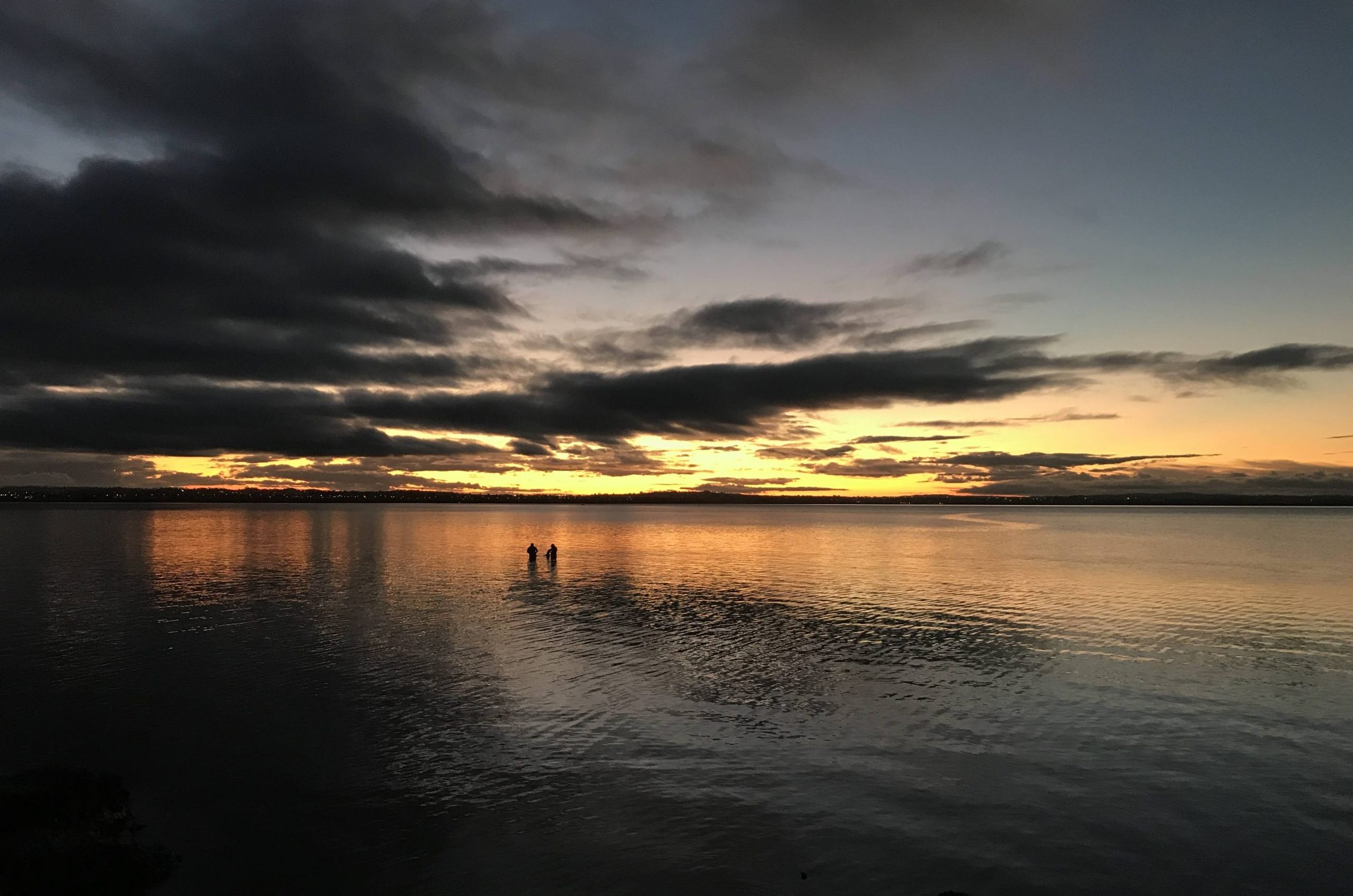
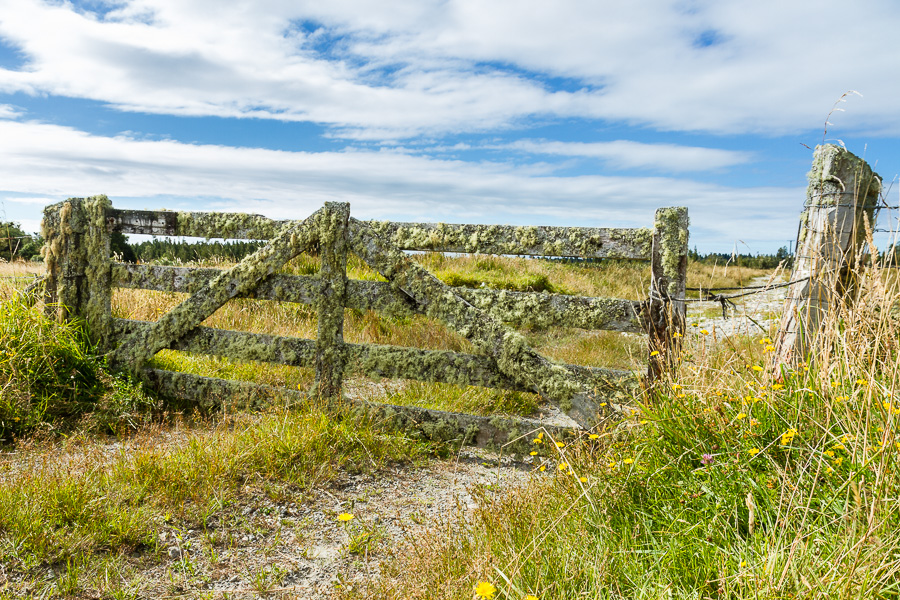
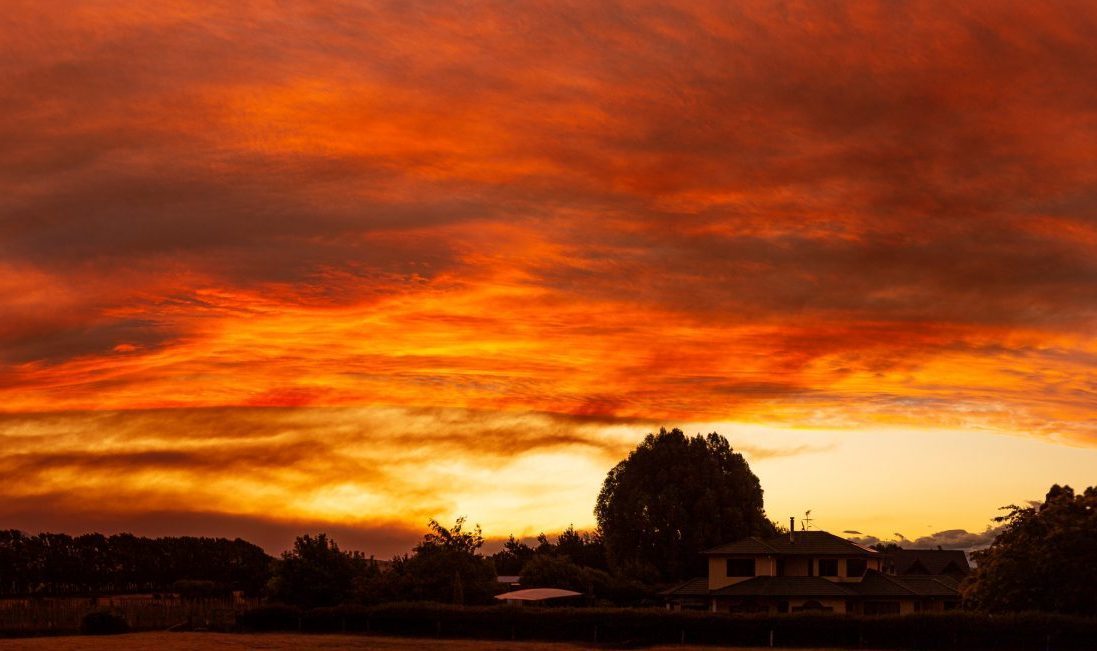
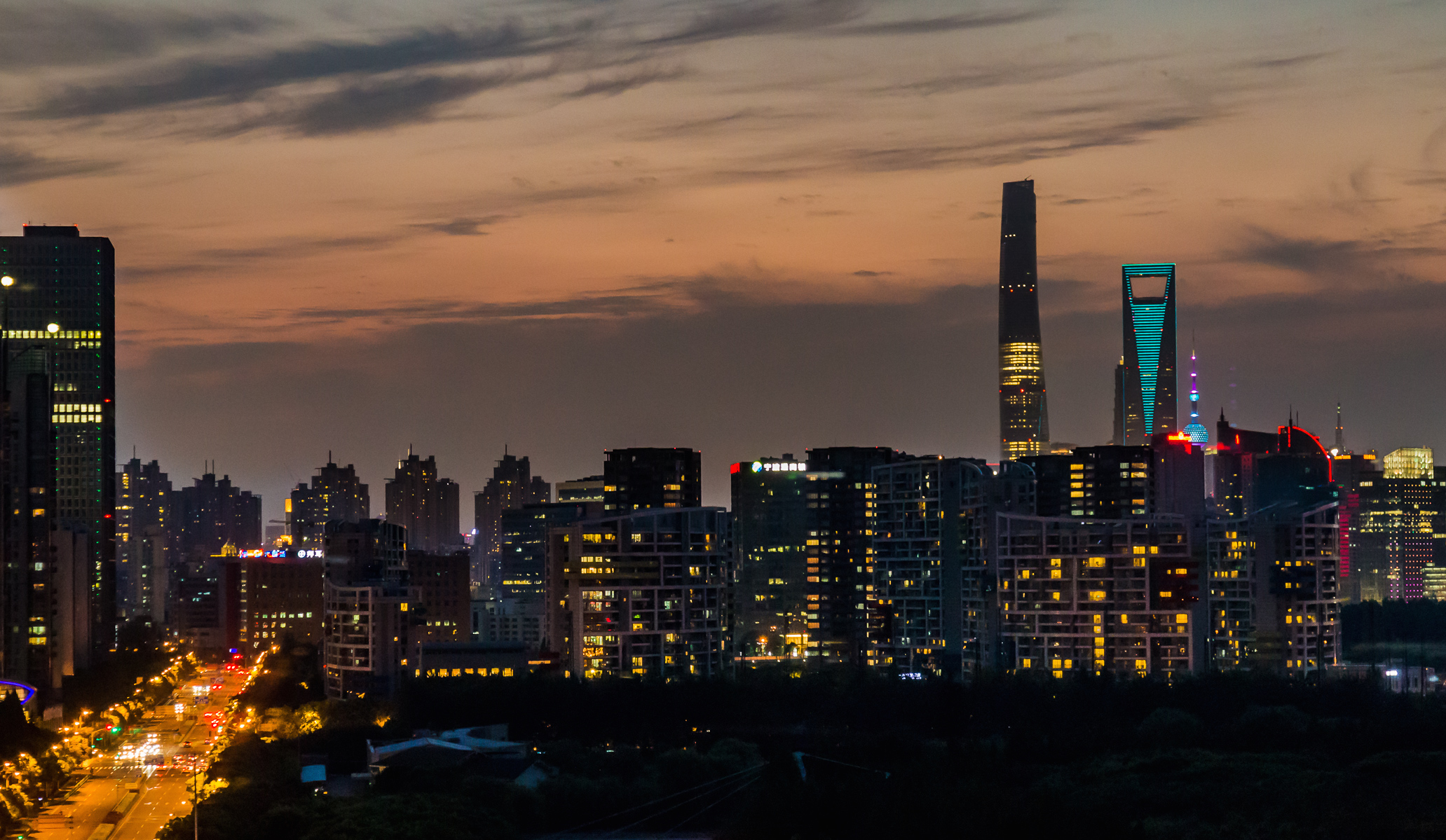
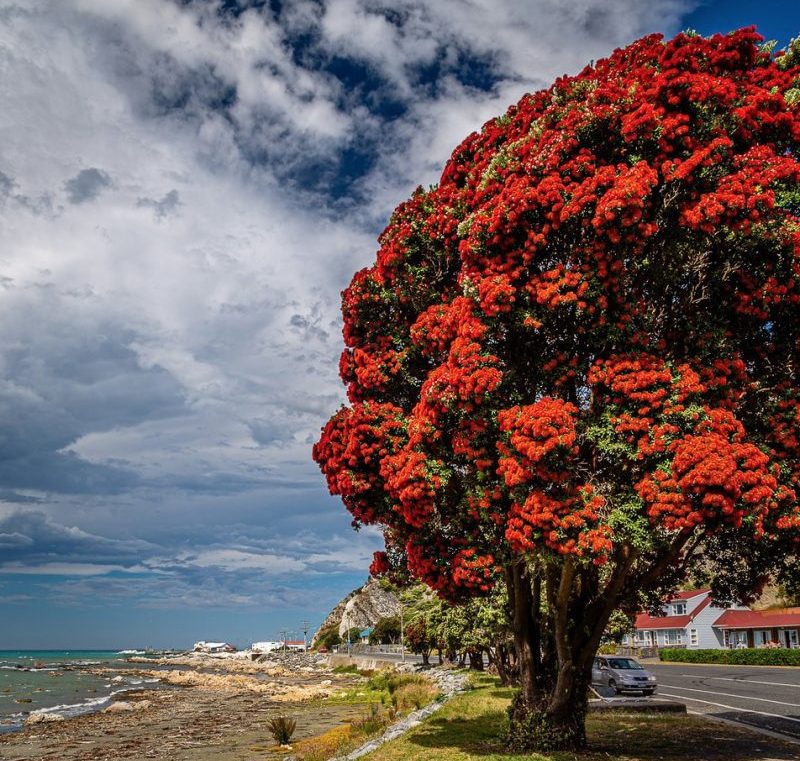
Thoughts?